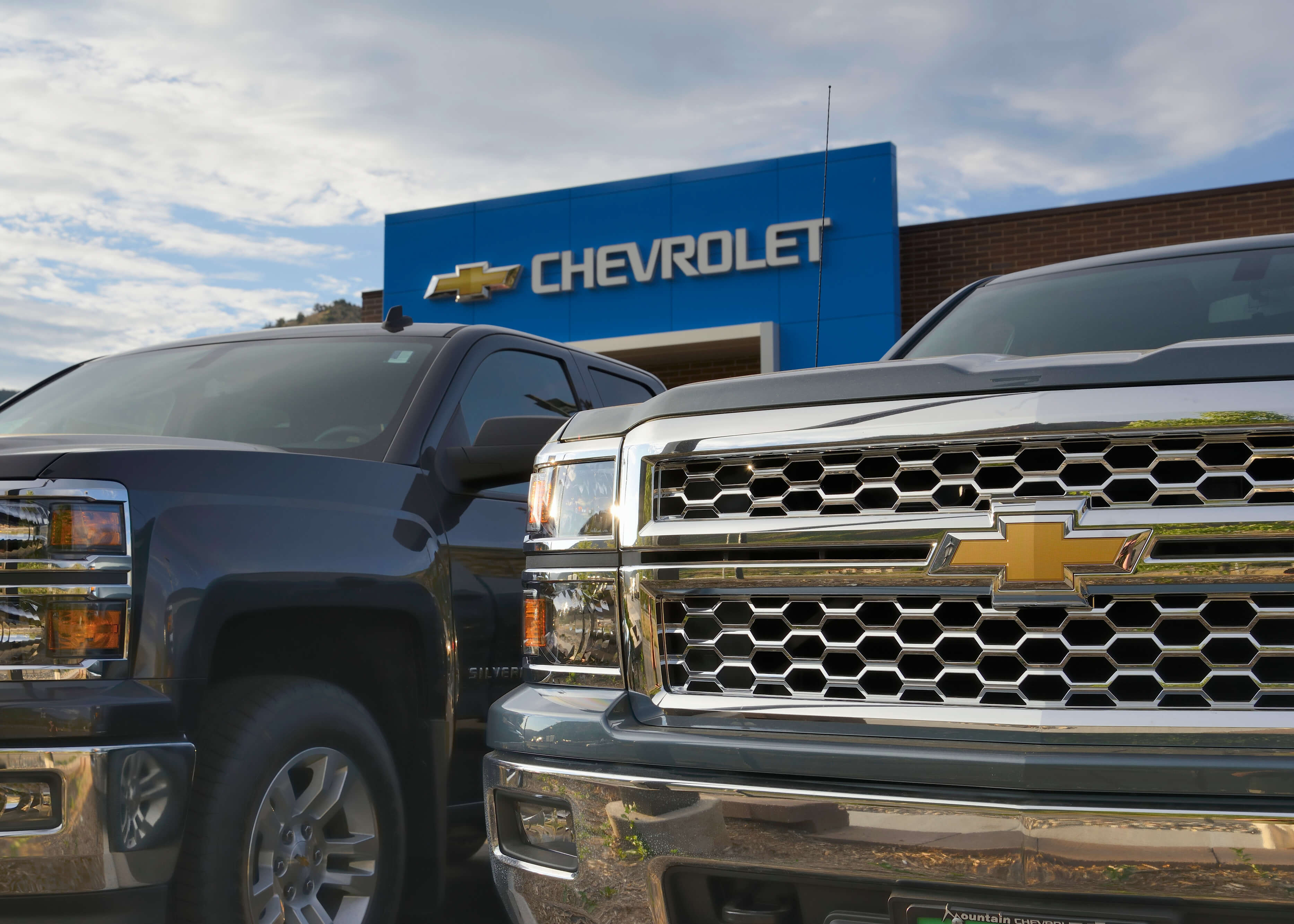Chevy Volt models from 2016 to 2019 are grappling with a major problem of unexpected power loss while driving. This concerning issue, associated with the Battery Energy Control Module (BECM), has triggered investigations by the NHTSA. In addition to affecting road safety, it has a considerable impact on driver confidence. There is a critical need for swift solutions to ensure uninterrupted and secure driving experiences for Chevy Volt owners. Let’s dig deeper into the investigations.
Reported Problem
The problem centers on unexpected power loss due to BECM in Chevy Volt vehicles, raising safety concerns for the owners. This crucial component is responsible for managing the vehicle’s battery system. Owners experiencing power loss incidents have pointed to malfunctions or failures within the BECM. This results in the vehicles’ unexpected stalls, reduced power states, or no-start conditions. These issues have raised concerns about the reliability and functionality of the BECM within the vehicle’s power management system.
Investigation Insights
The NHTSA investigation into sudden power loss in Chevy Volt models from 2016 to 2019 revealed concerning incidents reported by owners, ranging from stalls to reduced power while driving. The focus centered on the Battery Energy Control Module (BECM) as the likely culprit behind these issues. This prompted actions by General Motors (GM) through technical bulletins aimed at BECM replacement and reprogramming. However, delays in solutions for affected owners persisted. These delays sparked safety concerns and legal actions, highlighting the urgency for swift and comprehensive resolutions.
Impact on Owners
The unexpected power loss in Chevy Volt cars has been a big headache for the owners. Imagine you’re driving, and suddenly, your car stalls or loses power. It’s not just frustrating, but it’s downright unsafe. These incidents have left owners feeling stressed and worried about their safety while driving. What makes things worse is that many owners are having a tough time getting this issue fixed. The delays and challenges in finding solutions have added to their frustration. So, there’s a real urgency to find fast and effective solutions to make these cars safe and reliable for their owners again.
Safety Measures
Navigating power loss issues in your Chevy Volt demands proactive steps. Here’s what you need to do in this situation:
- Keep a record of every time your car loses power, notes from repair shop visits, and any talks you’ve had with the company or repair centers.
- Stay updated regarding any new developments, investigations, or resolutions related to the Chevy Volt power loss issue.
- Consider legal experts for professional help. This will help you tackle these problems hassle-free.
Legal Aid for Confident Driving
There can be a lot to deal with when your vehicle loses power unexpectedly. You might find yourself stranded, having safety concerns, or dealing with frustration. Seeking legal guidance can provide clarity and support for Chevy Volt owners facing unresolved power-related issues. Legal experts at Lemon Law Firm offer crucial assistance in understanding consumer rights, navigating warranty claims, and advocating for proper resolutions.
If you have encountered persistent issues like unexpected power loss or any other concerns with your hybrid or EV, don’t hesitate to reach out. Contact Lemon Law Firm today at (833) Lemon firm to speak with a case analyst and take the first step toward resolving your vehicle-related issues.




